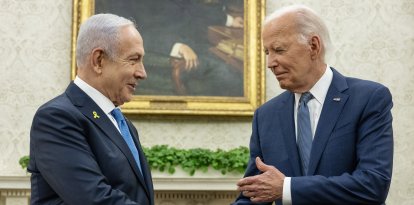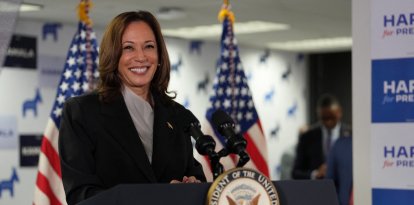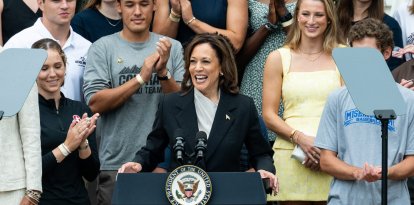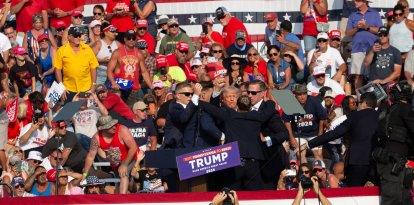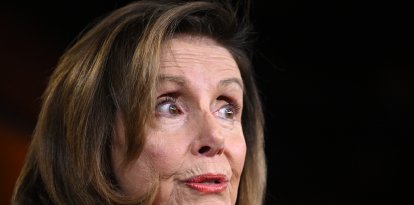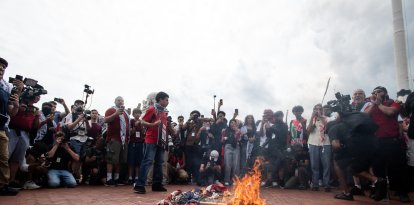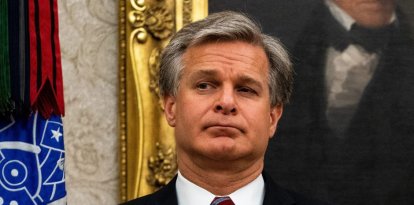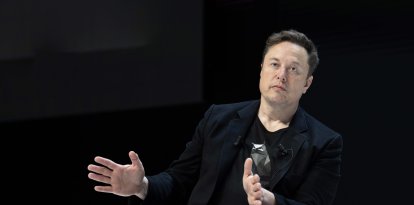What to expect from Joe Biden's participation in the G7
With the clock still ticking on the debt ceiling, the president arrived in Hiroshima, Japan, where he will meet with the leaders of Canada, France, Germany, Italy, Japan and the United Kingdom.
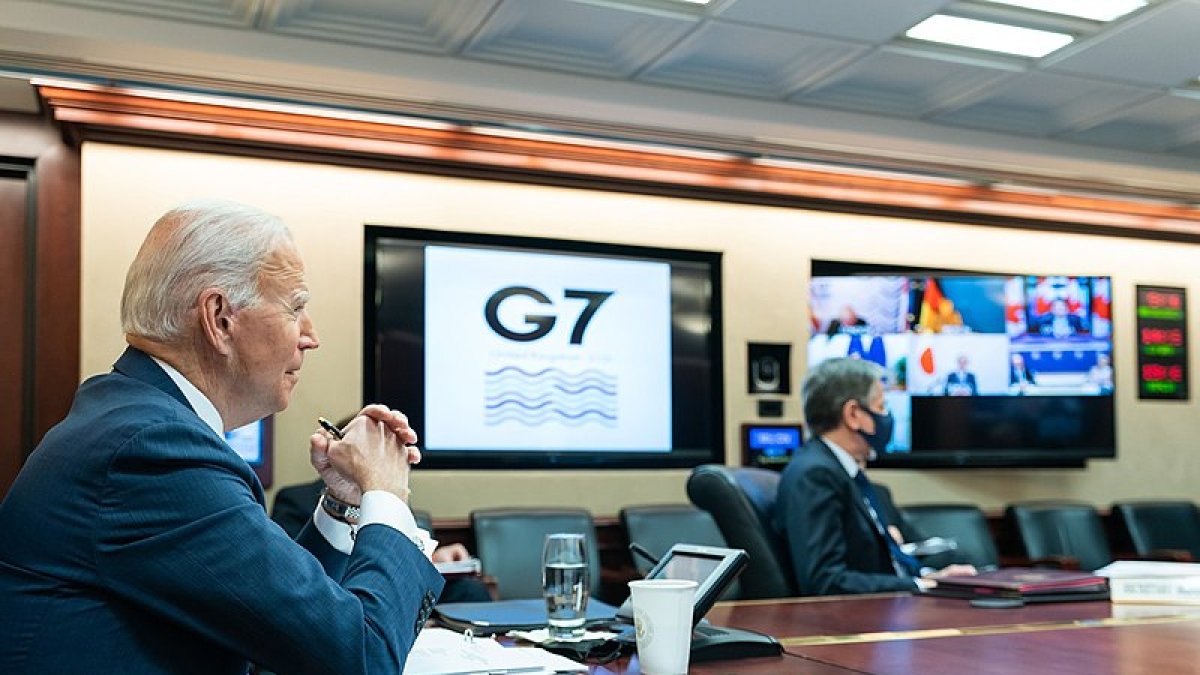
Joe Biden/Wikimedia Commons
Putting aside the debt ceiling for a moment, Joe Biden arrived in Hiroshima, Japan, to participate in the G7 summit, where he will meet with other world leaders. The political forum, which will feature the debut of two presidents, will have Ukraine and artificial intelligence as its main topics.
The G7 is made up of the United States, Canada, England, France, Italy, Germany and Japan, a group whose leaders have been meeting annually for many years to take stock of international issues. By 2018, the group accounted for 58% of global net wealth and 46% of global GDP based on nominal values.
Ukraine and artificial intelligence: the G7's key topics
The 2023 meeting is based in Japan, and the agenda will be mainly marked by the war between Russia and Ukraine, where different positions on arms deliveries now coexist. British Prime Minister Rishi Sunak is expected to ask Volodomir Zelensky to increase the arms shipment. His country delivered
long-range cruise missiles, a long-standing request of the Ukrainian forces that had so far gone unheeded.
Sunak also agreed with his Dutch peer, Mark Rutte, to build "an international coalition to provide Ukraine with combat air capabilities." In theory, it would have the support of Germany, represented in this case by Chancellor Olaf Scholz, who in April authorized Poland's request to send five MiG-29s to Ukraine.
For now, Washington is watching the proposal from afar, despite the pressure in the Senate in recent weeks. A bipartisan group of senators led by Mark Kelly (D-Ariz.) asserted that sending F-16 type aircraft could be "revolutionary" for Ukrainian forces. His request was joined by Tim Kaine (D-Va.), Jacky Rosen (D-Nev.), Tammy Duckworth (D-Ill.) and Martin Heinrich (D-N.M.), as well as Republicans Tommy Turberville (R-Ala.), Lisa Murkowski (R-Alaska) and Ted Budd (R-N.C.).
Artificial intelligence (AI) will be another major focus of the meeting. The issue is of particular concern to Japan, which sees China seeking to get ahead of the world in this field. In mid-May, Prime Minister Fumio Kishida said his country will seek to lead international efforts to establish rules for the use of artificial intelligence.
"AI has the potential to positively change the economy and society, and (it also has) risks. We need to respond appropriately to both. It is necessary for Japan, as the G7 chair, to exercise leadership in promoting common understanding and establishing rules," he said.
The U.S. Congress is in the midst of multiple hearings on the issue. For example, Sam Altman, CEO of OpenAI, testified in front of the Senate Judiciary Committee Tuesday. There, he warned about the potential dangers of these technological advances: "My worst fear is that we, the technology industry, cause significant harm to the world. If this technology goes wrong, it can go quite wrong."
Biden canceled part of his trip over the debt ceiling
The clock is ticking towards June 1, forcing the president to cut short his trip to the G7. Biden was scheduled to make a couple of stops in Australia and Papua New Guinea, which he had to cancel in order to "be back for final negotiations with congressional leaders" on the debt ceiling.
Of course, the idea was to reassure international peers on the issue. "[Other G7 leaders] know that our ability to pay our debts is a key part of U.S. credibility and leadership around the world. They understand that the president also has to focus on making sure that we don’t default and on having these conversations with congressional leaders. And he’ll be able to do that and have his team do that while we’re at the G7," National Security Council spokesman John Kirby said Tuesday.













